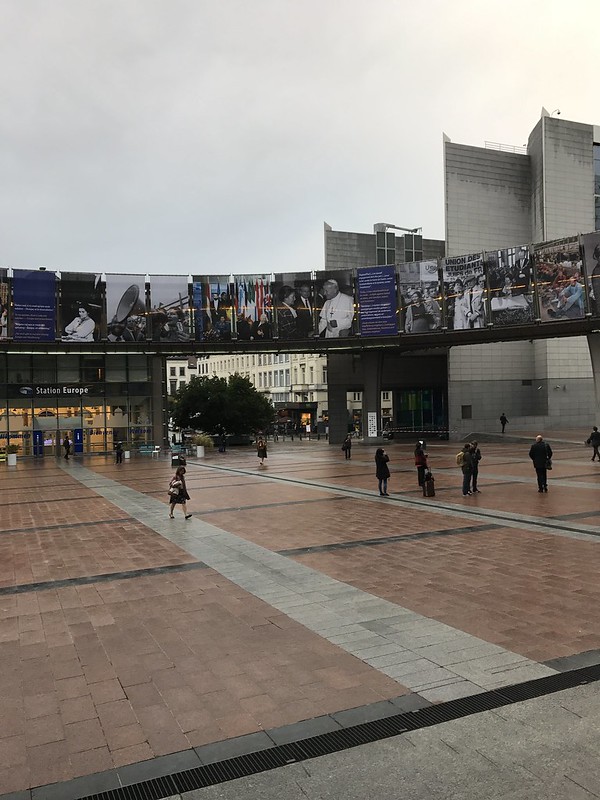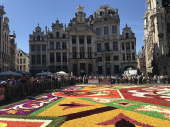
In the fourth quarter of 2020, the European Commission is preparing offers on the European Democracy Action Plan, aiming to ensure that citizens can participate in the democratic system
through informed decision-making without undue interference and manipulation. Even though the Plan has already undergone the stage of public hearings in September 2020, I would like to delve into some of its aspects once again. The developers of the Plan included four main points, which are its main components:
Selective Honesty;
Media Freedom;
Media Pluralism;
And Misleading Information.
It should be pointed out that the choice of European citizens who vote for this or that decision concerning the life of United Europe depends on the media influence. However, the last three points are an integral whole. Media Freedom implies a plurality of opinions expressed in them, and Misleading Information is a natural enemy of the media and European voters. At the same time, the situation with Misleading Information in social networks, which have become a serious alternative to traditional media influencing the development of European democracy, is especially worrisome.
It seems that instead of such a severe focus on media development issues, more attention should be paid to the protection of personal data of Europeans, as well as the security of their expression of will, including using digital voting methods. I would like to see more information in the European Democracy Action Plan related, for example, to the rights of national minorities, the fight against such threats to democracy as extremism, terrorism, anti-Semitism, and xenophobia. Local authorities in EU countries, like the judiciary, have long needed precise definitions of xenophobia and anti-Semitism, in particular, formulated by the The International Holocaust Remembrance Alliance,IHRA. They were adopted at the government level but were never delivered to local authorities. This would make it possible to unify approaches in the fight toward a split in society along ethnic, racial, and religious lines.
Dr O.J. Kozerod, Vice-President of Centre for European Democracy Studies



































